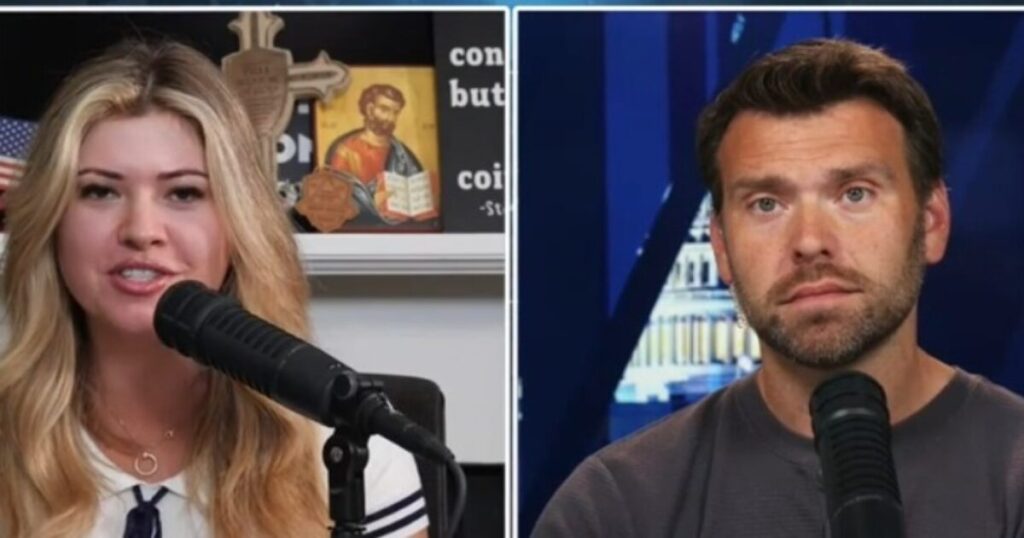On October 16, 2024, War Room co-host Natalie Winters engaged in a discussion regarding Kamala Harris’s tumultuous campaign in Pennsylvania with fellow co-host Jack Posobiec. They examined the chaotic dynamics within Harris’s campaign, reflecting on a Politico article that highlighted the internal strife and finger-pointing within Team Harris. Winters noted how this mess could significantly undermine the vice president’s efforts to secure votes in a critical swing state. Posobiec chimed in, pointing out that Harris’s campaign strategy appeared to lack engagement with the local political landscape, particularly in terms of addressing key community leaders and constituents.
Posobiec emphasized that Kamala Harris was failing to connect with the voters in urban centers, especially Philadelphia, which is pivotal for any Democratic candidate hoping to win Pennsylvania. He criticized her absence from direct engagements, suggesting that her aloofness might alienate potential supporters. He compared Harris’s campaign to Barack Obama’s successful 2008 run, highlighting that while Obama built a robust grassroots infrastructure separate from the Democratic establishment, Harris lacks a similar support structure. This lack of a strong foundation and local outreach may spell trouble for her prospects, especially in urban areas that are traditionally Democratic strongholds.
Their conversation also touched on the broader implications of Harris’s detachment. Posobiec claimed that both President Biden and Harris have developed a disconnection from Philadelphia’s issues, which may ultimately cost them crucial votes. He observed that voters are frustrated with the current state of the city and the perceived negligence from Biden and Harris. This dissatisfaction could lead to a shift in support from traditional Democratic voters to a more favorable view of Trump, as many voters, while disinclined to back Republican candidates, may feel compelled to give Trump a chance if they believe their needs are not being met.
Furthermore, Posobiec pointed to the Democrats’ strategic mistakes, particularly in how they handled the selection of Harris as the vice-presidential candidate over Pennsylvania Governor Josh Shapiro. This decision, he argued, might backfire on the party as it bypassed the opportunity to select a candidate with strong local ties and recognition. By not choosing a governor or senator from a swing state like Pennsylvania, Democrats could be jeopardizing their chances in this critical election.
In summary, both Winters and Posobiec concurred that Kamala Harris’s campaign is grappling with significant challenges in Pennsylvania that stem from lack of engagement and strategic oversight. With the electoral landscape as volatile as it is and with voters feeling increasingly alienated, the failure to galvanize support from key demographics in urban centers like Philadelphia could have dire consequences for Harris’s campaign. It remains to be seen how her team will adapt their approach in response to these pressing issues.
Finally, amid their analysis, Winters and Posobiec also took a moment to express solidarity with Steve Bannon, the War Room founder, who they mentioned is currently a political prisoner. Their statement emphasized the importance of supporting him during this challenging time, using their platform to remind listeners of broader political struggles beyond just the presidential race. This blend of commentary on the campaign and calls for solidarity reflects the intertwining of individual political narratives with larger party dynamics as the 2024 election approaches.

